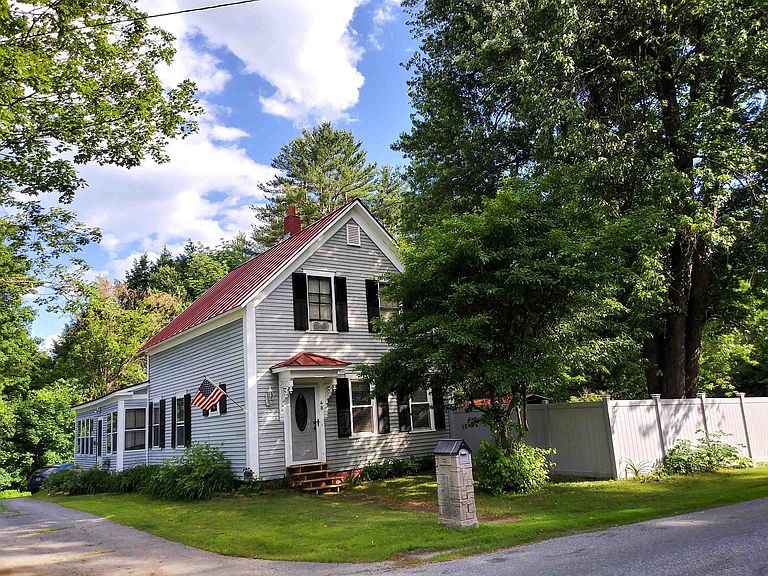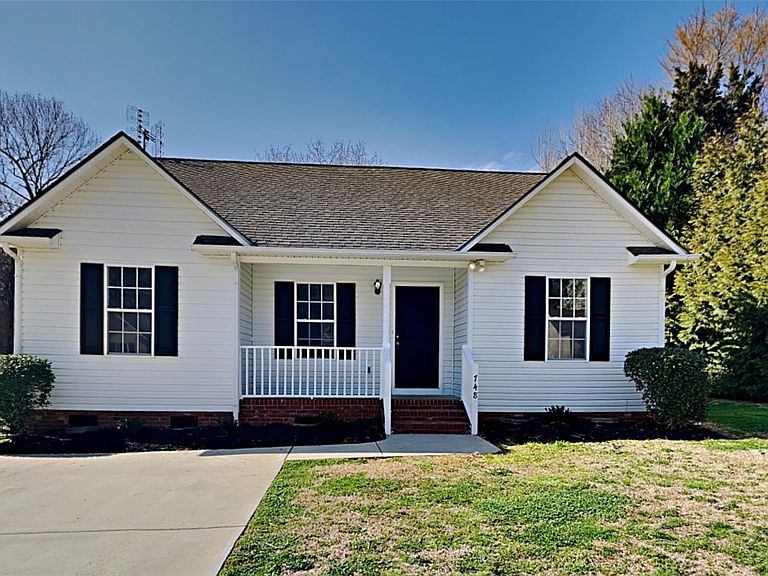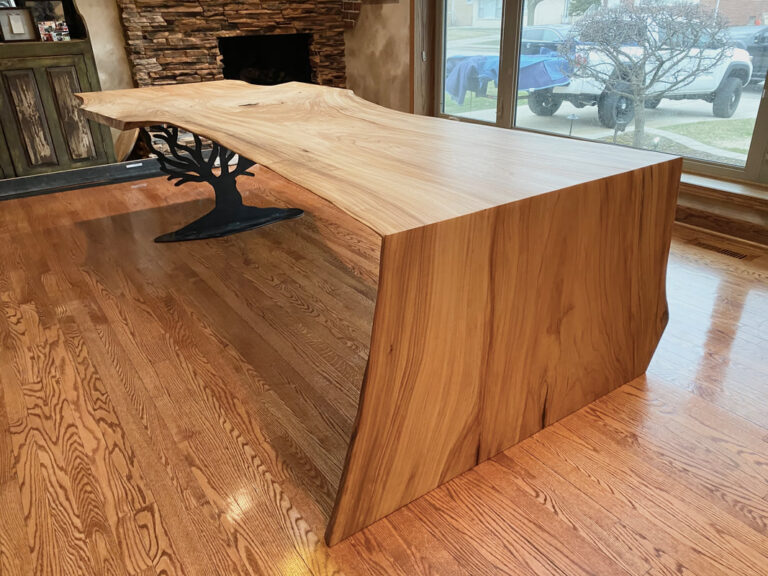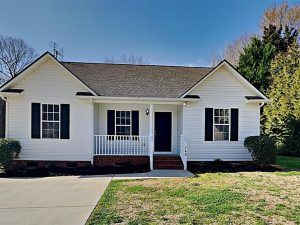A few things come to mind when you decide to “sell my house fast in Philadelphia” Among them is getting top dollar for your property once you list it for sale.
No surprises there.
Ultimately, you have put much into your house over and above the initial price. As such, you should recoup some of these costs and then some, even with a distressed sale.
But how do you go about it?
Making the Most Cash for Your House
Here are expert tips on how to sell your house for the most cash.
Understand Your Local Market
This is understanding the laws of supply vs. demand in real estate. That is a buyer’s market vs. a seller’s market.
A buyers’ market is when fewer buyers and an influx of homes are on sale. This oversupply of homes causes average prices to drop. This is called a buyer’s market.
The reverse can also happen. This is when many buyers shop for homes, but only a few houses are for sale to match this demand. This limited supply gives sellers the upper hand, and this imbalance causes house prices to shoot up. This is known as a seller’s market.
To determine the market, there are two metrics to look at:
- Days on Market
- Home price appreciation.
Assessing days on the market gives insights into how quickly or slowly houses are being bought up.
On the other hand, home price appreciation tells you whenever buyers pay more for homes similar to yours in your area code.
The data from these two indicators should help you time your sale appropriately.
Price Objectively
Because homes reflect their owners, everyone intending to sell their house thinks of their home as the best, structurally and aesthetically. You naturally have a lot of sentimental value tied up to a home. Unfortunately, buyers do not.
Instead, they look at its location, condition, and potential over time. When setting the price, it would be best to be objective about these factors.
Consequently, going too low means, you will leave money on the table. Too steep, and you risk locking out potential buyers.
To find the right balance, look at listings similar to yours and their asking price. This gives you a ballpark value to help price your home correctly. Similarly, consider what you can do to increase your home’s value.
This brings us to the next point.
Curb Appeal Matters
Seasoned realtors always speak of curb appeal and how fundamental it is when selling a house.
Curb appeal describes the first impression prospective homeowners get on your home.
This encompasses your driveway, yard, siding, and front-of-house landscaping. These communicate a lot to homebuyers. If everything looks pristine, it’s assumed the house is meticulously maintained. If unkempt, it’s assumed it’s falling apart.
To make the most out of your sale, invest in improving your home’s curb appeal. Not only does this get you a reasonable price, but it also attracts more prospects, increasing your probability of getting a buyer much faster.
Think Cost of Renovations vs. Value
While all home renovations add value, some do so better than others. Therefore, you want to stick with renovations that will give you the highest return on the selling price. It’s even better to have minimal-cost renovations with good returns.
The best of these include:
- Two-story additions: costs $155, 365 with a 71.8% return
- Bathroom remodel: costs $16, 798 with a 74% return
- Basement remodel: costs $62, 834 with a 77.7% return
- Wood replacement windows: costs $10,928 with a 79.3% return
- Minor kitchen remodel: costs $18, 856 with an 82.7% return
- Garage door replacement: costs $1, 534 with an 83.7% return
- Fibre cement siding: costs $13, 378 with an 87% return
- Wood deck: costs $9,539 with an 87.4% return
- Steel entry door: costs $1,162 with a 96.6%
Besides renovations, avoid selling a house that is falling apart because it shifts the bargaining power to the buyer. If you cannot renovate, ensure to at least do the necessary repairs. A roof caving in or termite-infested pillars only pushes the asking price down.
Negotiate the Best Offer
The best way to get reasonable offers is by drawing in as many prospective buyers as possible. You do this by pricing right, staging your house, and marketing it extensively.
Your realtor can then reach out to bidders, let them know you have multiple interested parties, and ask for their ‘best and final offers.’
However, remember that there are better deals than the highest offer.
One of the often ignored aspects of selling a house is the contingencies included in the offer. These include home inspections, appraisals, and financing. Aside from price, consider negotiating to limit the number of contingencies to the minimum.
Stage the Home Properly
Staging a house entails showcasing it in its best light to attract as many potential buyers as possible.
During an open house, you will likely attract a reasonable offer based on your home’s appearance. Ensure lighting is at its best, remove all clutter, clean every corner of the house, and minimize sentimental items. This allows buyers to see themselves in the home, which takes them a step closer to making an offer.
When working with a realtor, they can advise on how to do this. If it’s an FSBO, consider bringing in a staging designer and professional photographer to help you put your best foot forward.
One Last Thing
Who you partner with when selling your house can determine how much you make from the sale; when you want to sell my house fast in Philadelphia, use a company that can help clients avoid realtor fees and get top dollar from their house sale. We also save house sellers from staging costs, contingencies, renovations and repairs, and most other costs associated with selling a house.












